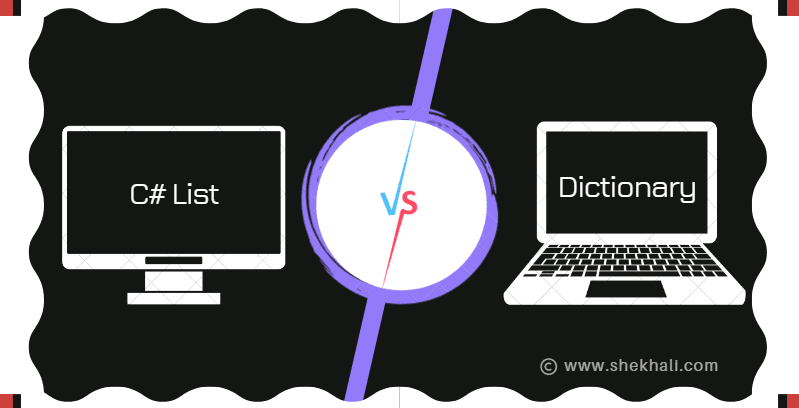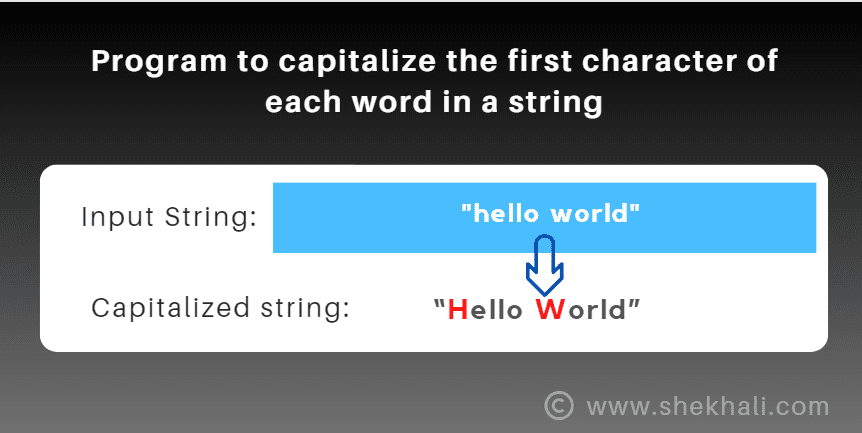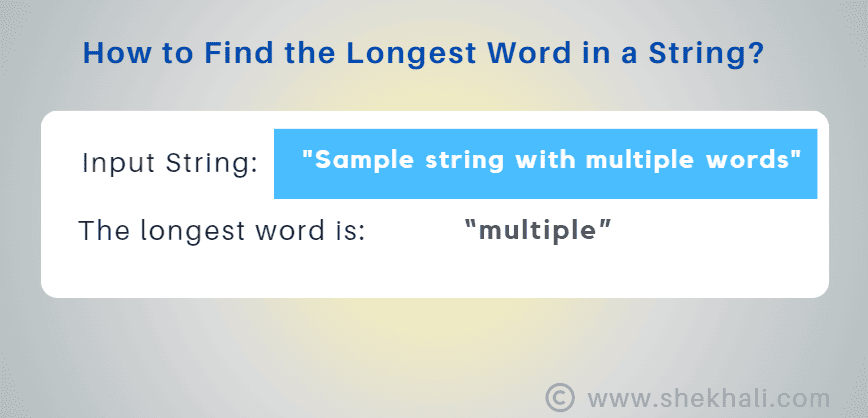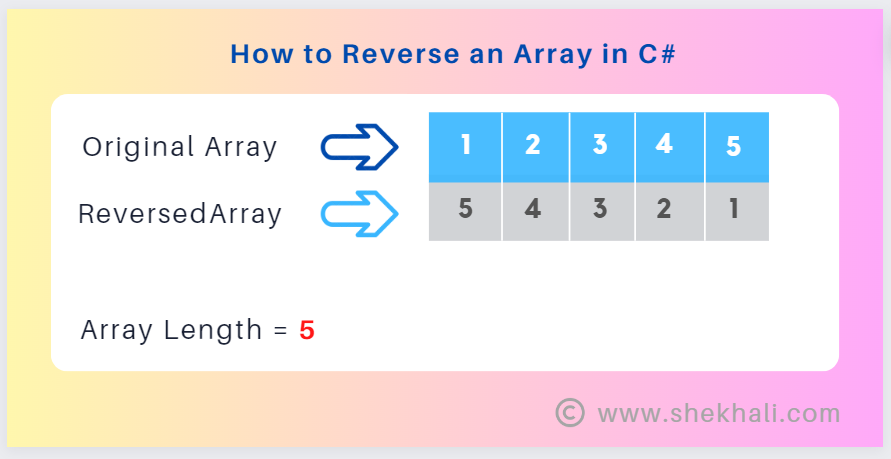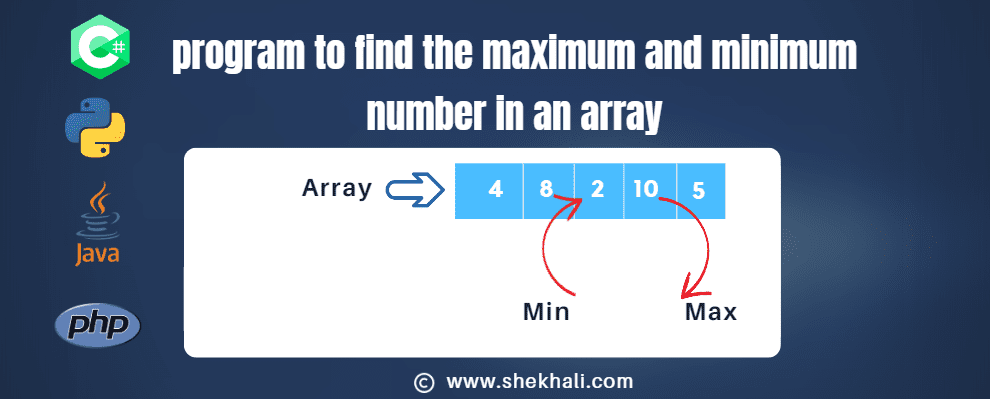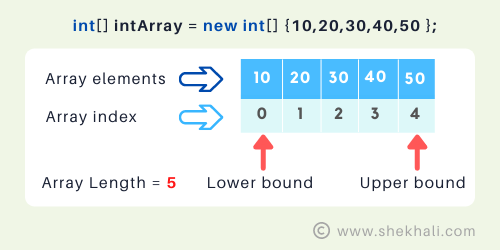When it comes to working with collections in C#, you’ll often find yourself deciding between using a List or a Dictionary, as both serve for storing and managing data and belong to System.Collection.Generics namespace.
In this article, we’ll discuss List vs Dictionary in C# with Examples and will understand when to use each and why.
